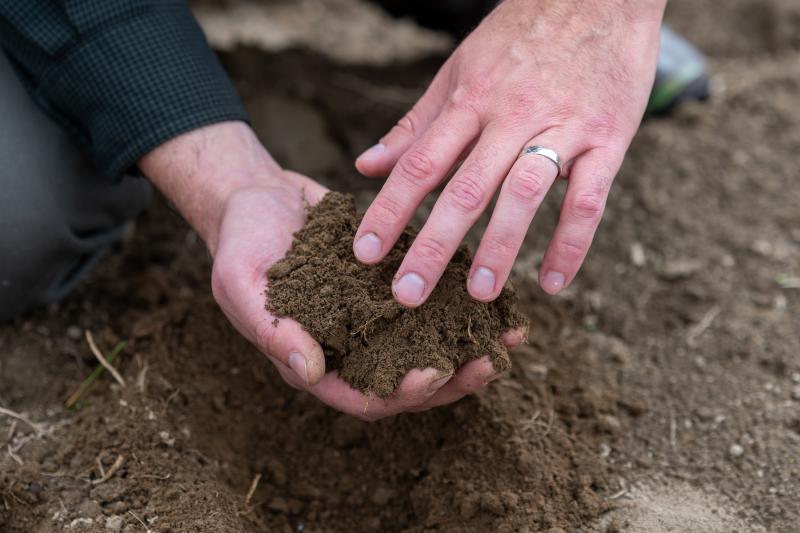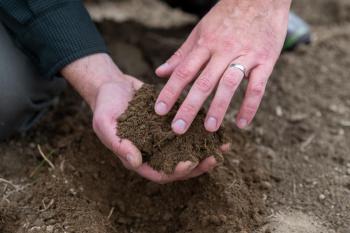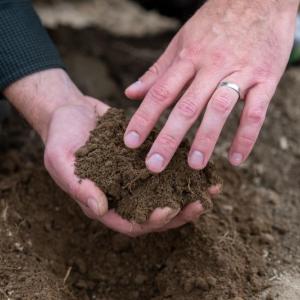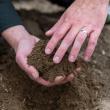Soil Testing Questions Answered at Waldoboro library, May 7
WALDOBORO — Brett Johnson, sustainable agriculture educator at University of Maine Cooperative Extension, will present at the Waldoboro Public Library, 958 Main Street, about the benefits of soil testing before planting begins. The program will take place on Wednesday, May 7, from 5 – 6:30 p.m.
Soil testing is a cost-effective practice to optimize fertilizer use and steward the environment. Soil fertility changes over the course of the growing season and requires active management. Annual soil testing helps to produce your food or forage crop in an efficient, economical and environmentally sustainable manner. Participants can have their questions answered and receive a soil test kit. For more information or to request a reasonable accommodation, contact Pamela Doherty at pamela.doherty@maine.edu, 207-832-0343.
As a sustainable agriculture educator with UMaine Extension, Brett Johnson serves commercial producers in Waldo, Knox and Lincoln counties through educational programming and direct technical assistance. Johnson also serves as the statewide farm business management educator with Extension and coordinates Extension’s statewide business planning course, Business Planning for Producers. His research and educational programming are broadly concerned with the economic and environmental sustainability of farm businesses in Maine. He can be reached at brett.w.johnson@maine.edu or by phone at 207.342.5971
About University of Maine Cooperative Extension
As a trusted resource for over 100 years, Extension has supported UMaine's land and sea grant public education role by conducting community-driven, research-based programs in every Maine county. UMaine Extension seeks to build thriving communities and grow the food-based economy, focusing on aspects from production and processing to nutrition, food safety and food security. Extension also conducts the most successful out-of-school youth educational program in Maine through 4-H which offers hands-on projects in areas like health, science, agriculture and civic engagement and creates a positive environment where participants are encouraged to take on proactive leadership roles.
























